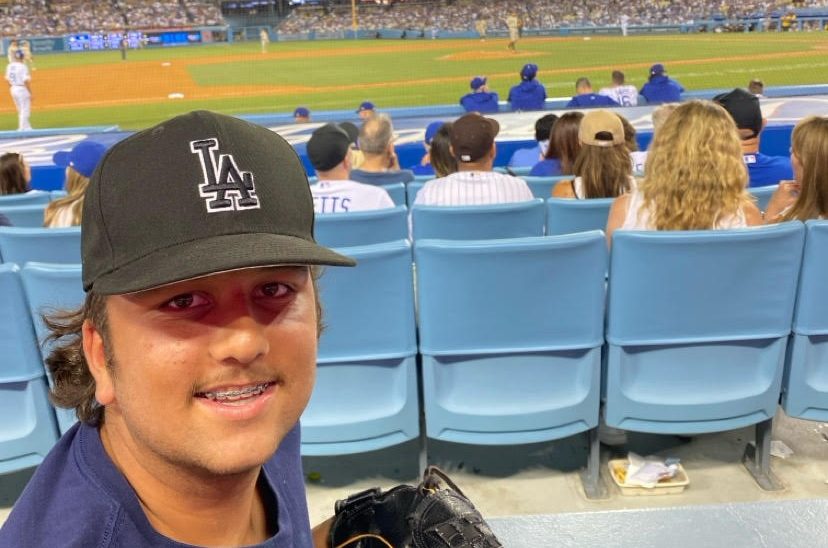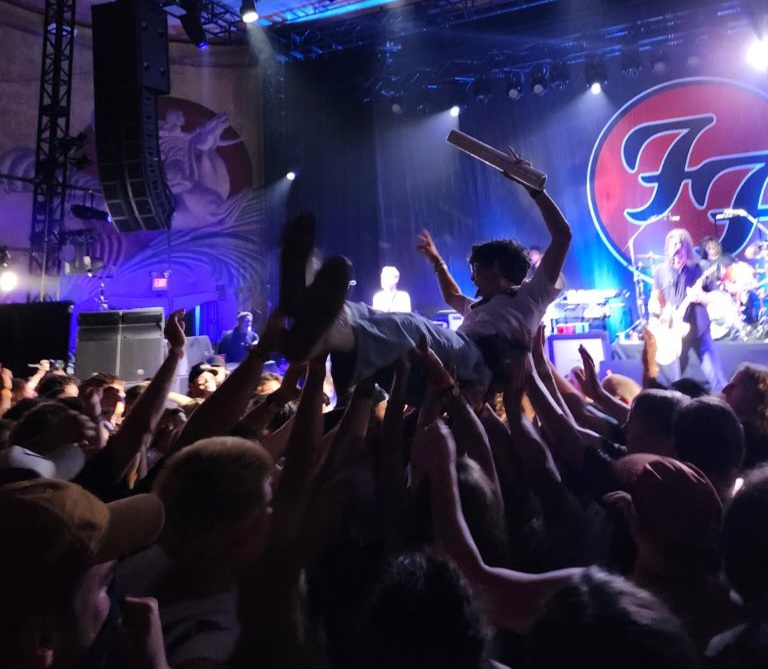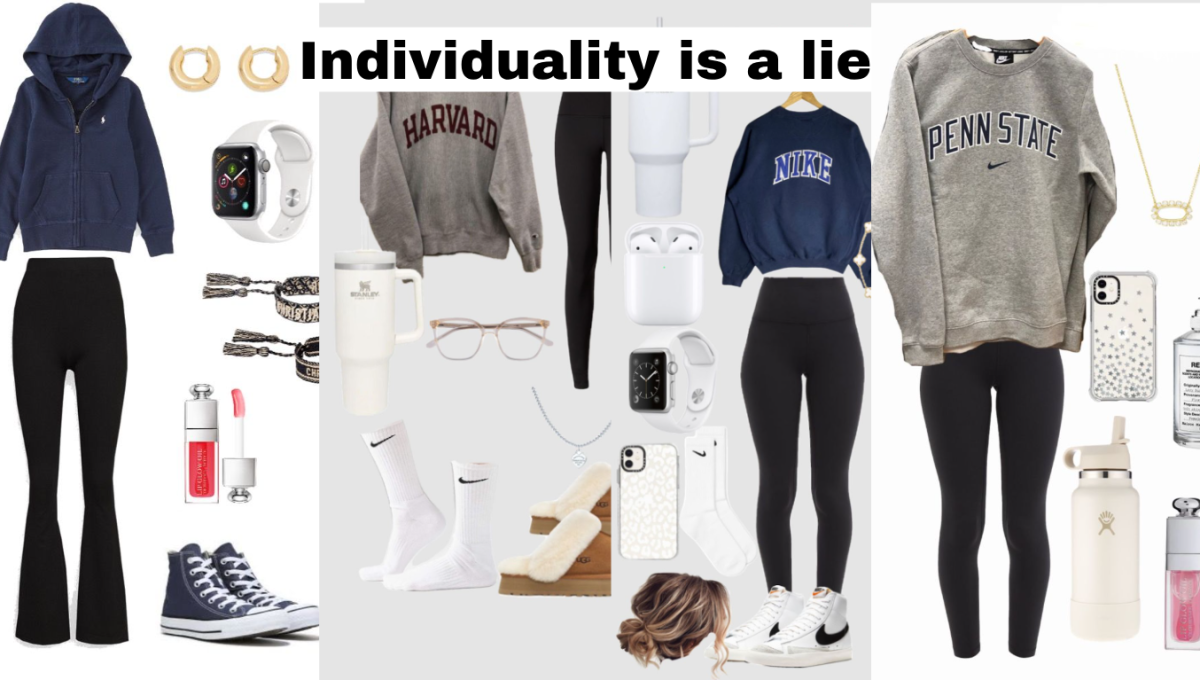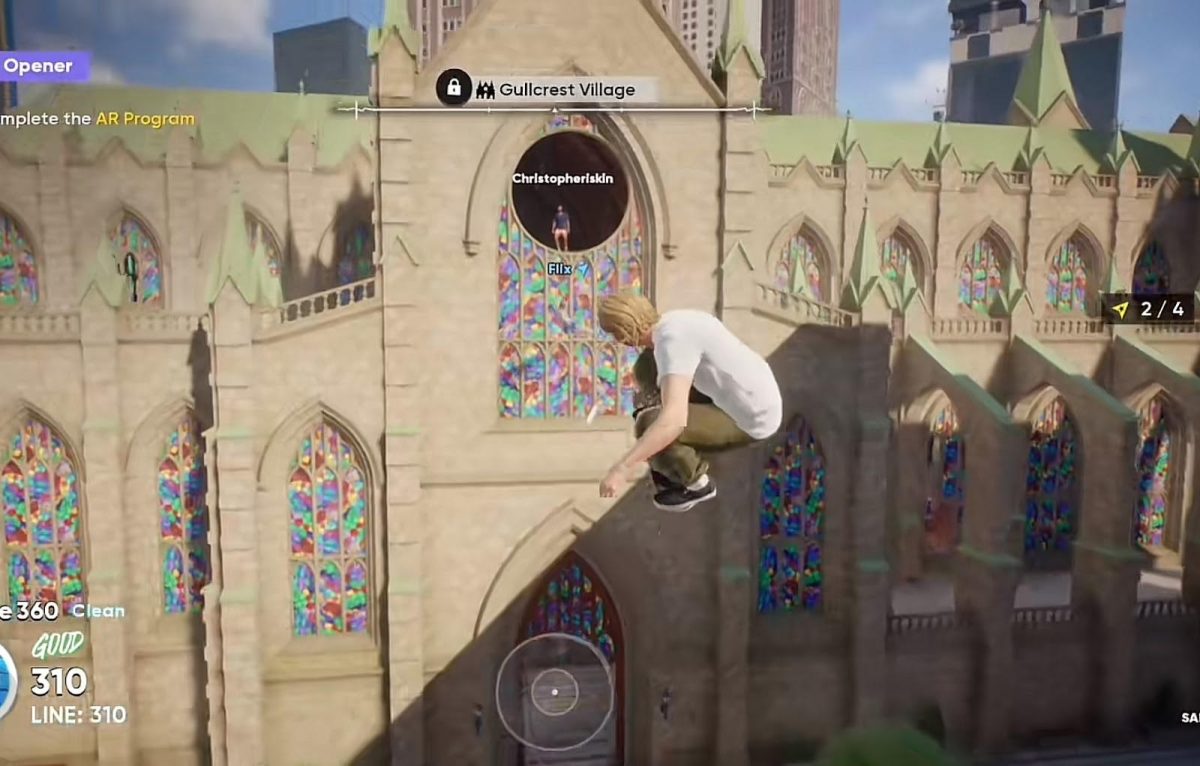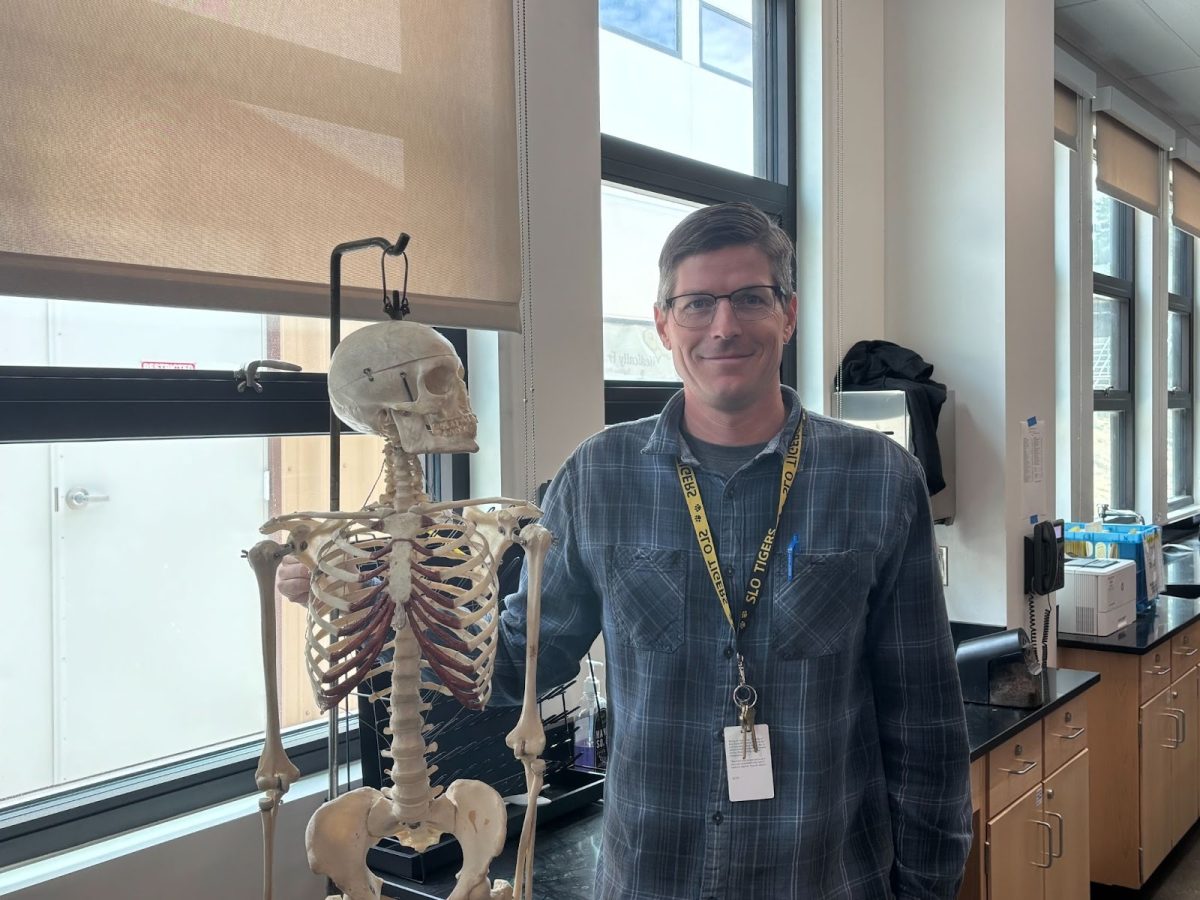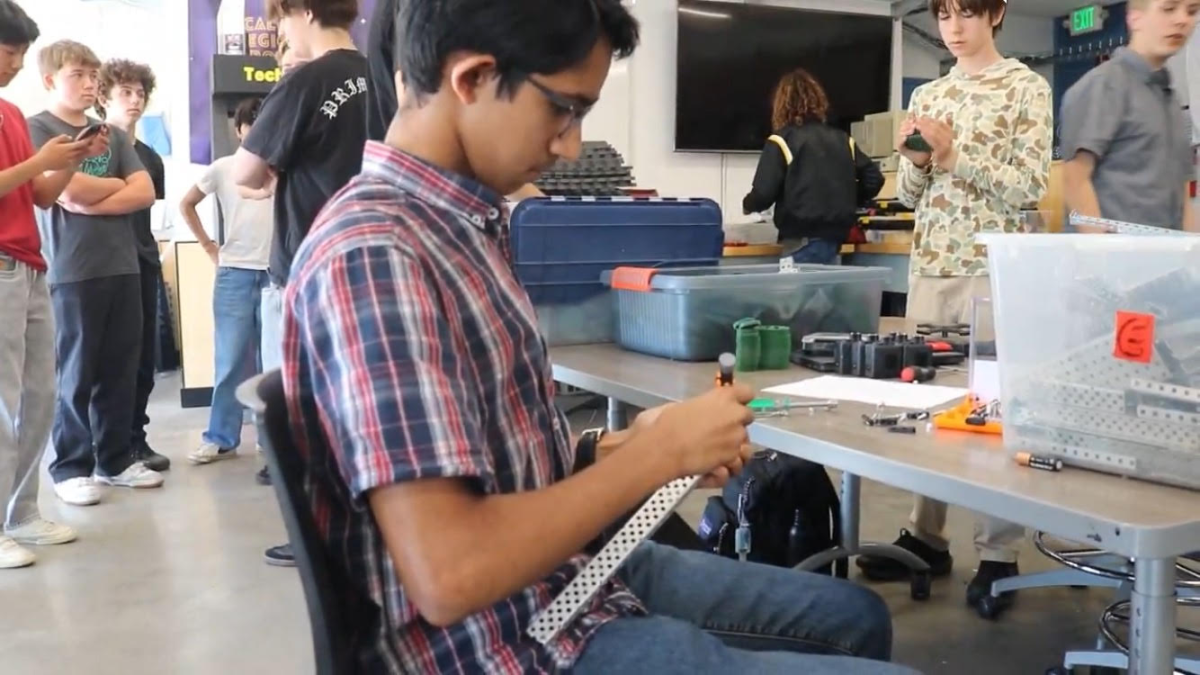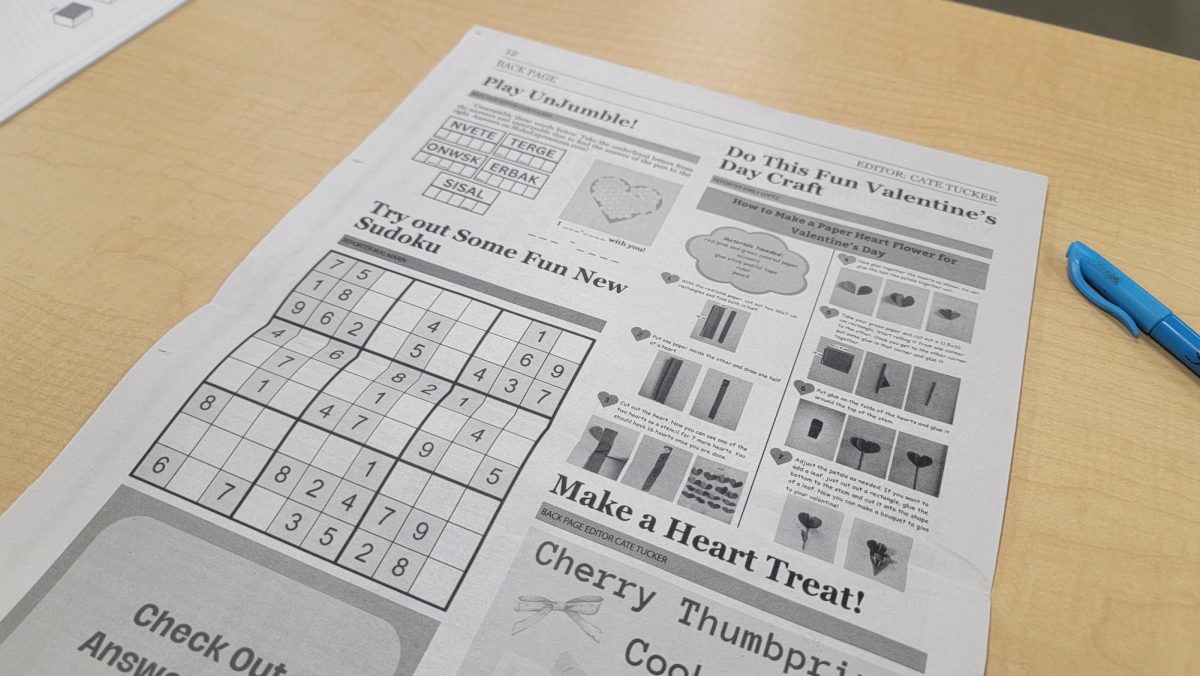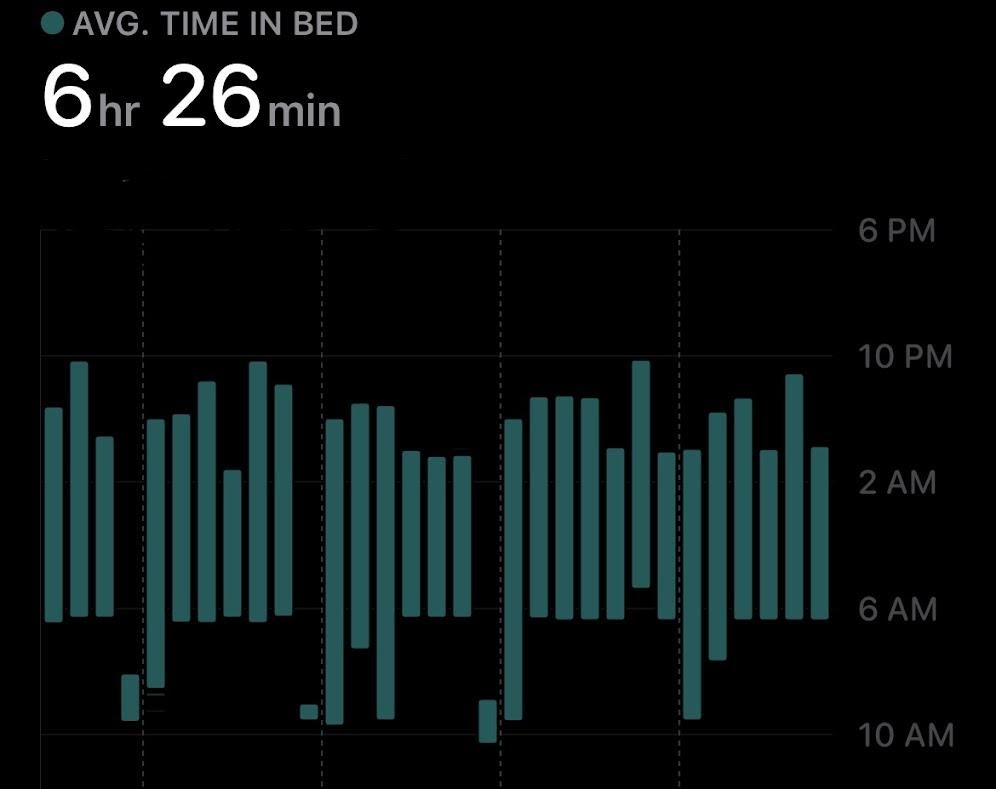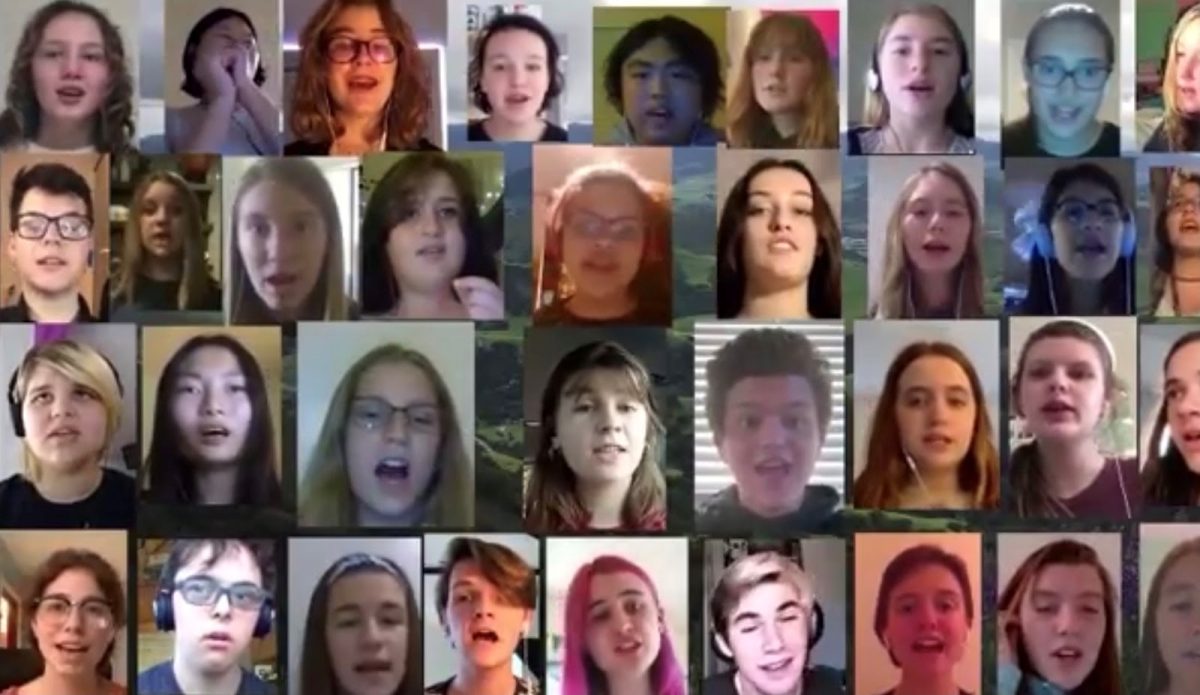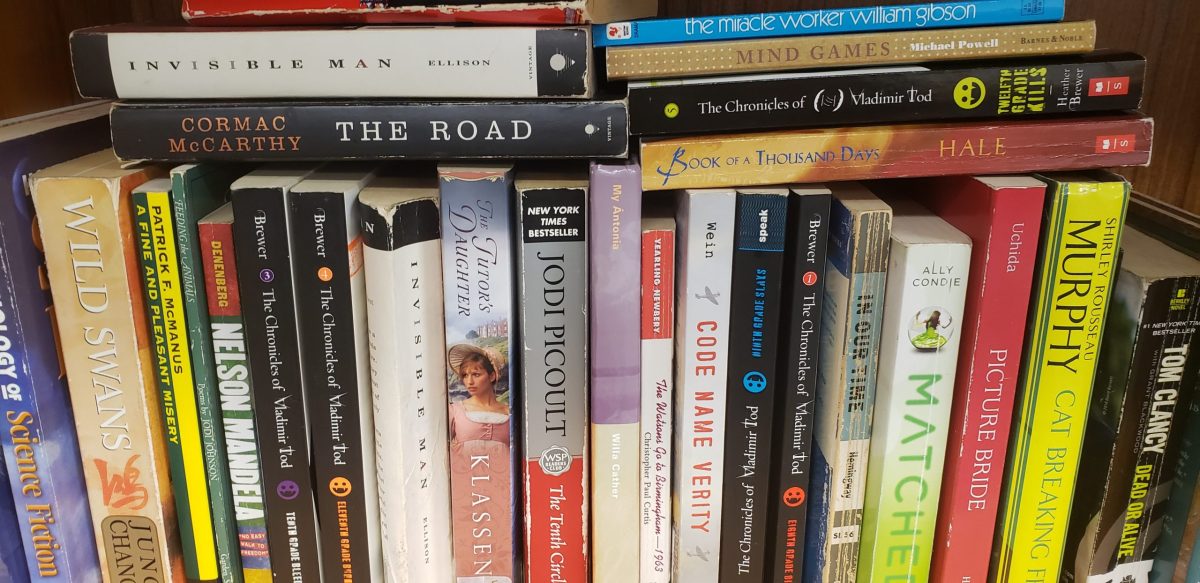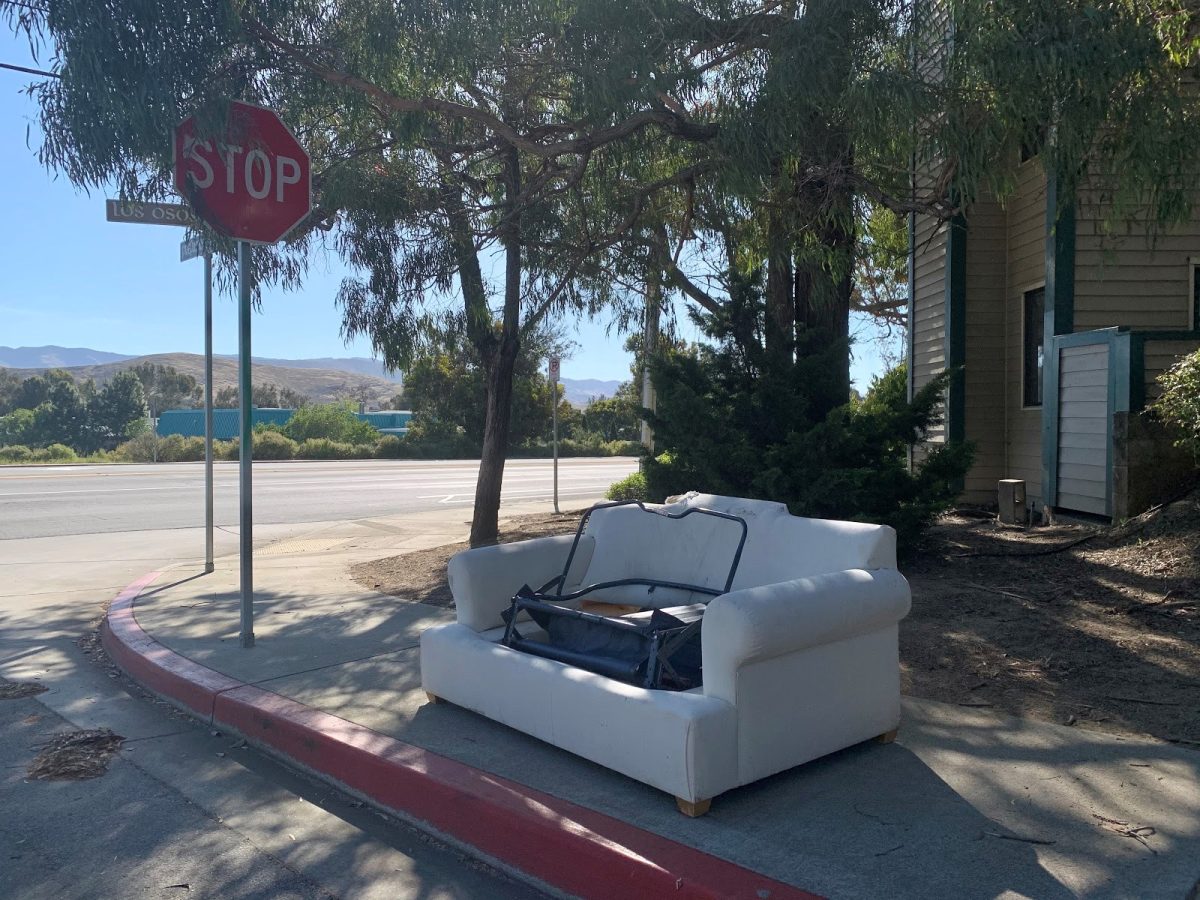Today is the final day of this years Mental Health Awareness Week, one of San Luis Obispo High School’s more controversial events. It is an indisputable fact that the mere discussion of mental illness is enough to make many students crawl in their skin, and despite the good intentions behind this week, it has done little to dissipate the stigma surrounding mental health.
In fact, more and more students(including yours truly) are coming forward to say that it may be doing more harm than good. If true, what does this mean? Should our student body jump ship and leave mental health discussions for the counseling office?
It’s not the concept of raising awareness that should be abandoned, it’s how our school has been tackling this goal since Mental Health Awareness week made its original debut in 2014 that needs to re-evaluated. In recent years mental illness has become alarmingly more common, and it is something that needs to be addressed now more than ever before.
The problem with the way this issue is dealt with at SLOHS and the rest of world is that we are too cautious. Since it is common knowledge that this is a sensitive subject that most people are uncomfortable talking about it only makes sense that we keep our discussions brief and superficial, right? Wrong.
Change doesn’t happen when people do their protests at a murmur, it happens when the collective roar of a people reaches a volume at which it can no longer be ignored. It doesn’t matter if talking about mental illness makes some people angry or uncomfortable, it needs to happen. Semicolon day, smiley face stickers, posters proclaiming positivity, monotonous informational videos, and circulation of crisis text line numbers only does so much [read: not enough]. It is all too impersonal, it feels far away and removed.
The belief that mental illness doesn’t affect you specifically is the driving force behind stigma. Why should we understand something that doesn’t affect us? Do we really need to know how to support others who are struggling? If it is this detachment from mental health issues that causes so many of the problems related to these illnesses, we aren’t going to make our community any more aware by approaching the subject with a ten foot pole in a feeble attempt to protect ourselves. This only further cements the ‘it doesn’t affect us’ mindset rampant in society.
It is scary to talk about something so taboo. Maybe it’s fear of being judged that keeps people from becoming invested in the conversation, but it is this same fear of judgement that keeps individuals battling a mental illness from asking for help. If we make mental health less taboo, if we can demonstrate how it affects all of us, we can show these people that it is okay to ask for help, show these people that struggling doesn’t mark you as a misfit.
It is through open and honest, intimate and personal discussion that we are going to make a difference. I strongly believe that when people share their own stories it fosters a more supportive community. This could mean a detailed account of three years spent attending daily therapy to work through the minefield in one’s mind, it could mean a brief and tear filled remembrance of a loved one who committed suicide, it could mean so many things. Talking about experiences makes people feel less alone, and it allows us to support each other. It makes the taboo a little less taboo.
As a school and as a society, this is how we should begin: by breaking down the barrier separating those who are struggling from the rest of the population, by attacking and destroying the stigma that is allowing little progress in the discussion around mental health to be made. Easier said than done, but vulnerability isn’t something to fear. It will lead to deeper and more meaningful relationships, it will lead to awareness, it will lead to a community that feels safer, and most importantly, it will set off a chain reaction and ignite the spark of change.
It starts with each of us. Every individual truly has the power to make a difference, every conversation started weakens that barrier, making it easier to destroy. As this week draws to a close, it is time to reflect on it’s content and continue marching forward in the fight for Mental Health Awareness. Hopefully all students kept an open mind this week, soaked up the information provided, and took the ‘You Matter!’ banners to heart. There was sadly little emphasis on vulnerability and the powerful connections and stigma fighting that goes along with it. Going forward, I urge you all to remember that vulnerability is the key, and that this issue does affect us here at San Luis Obispo High School.
Everyone else is just as afraid as you are to speak up. In the words of Nike, Just Do It.

